Modern theories of assessment conceive student tests as learning, for learning, as it is the test of learning. Does our assessment contribute to learning?
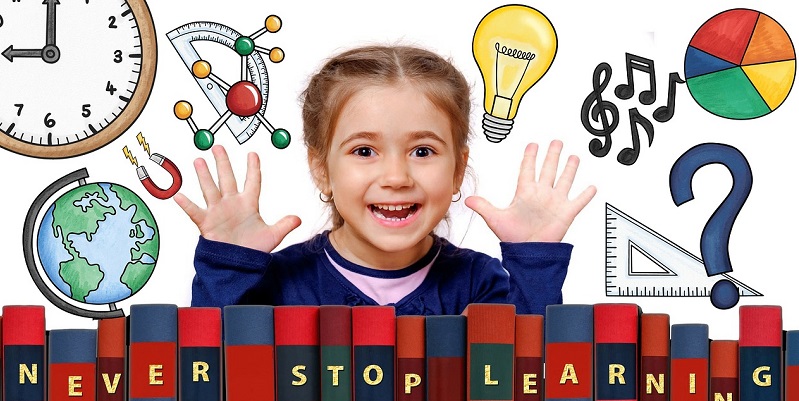
To make education less stressful and more impactful, assessments have to be simplified but at the same time become more comprehensive and assess the mindset.
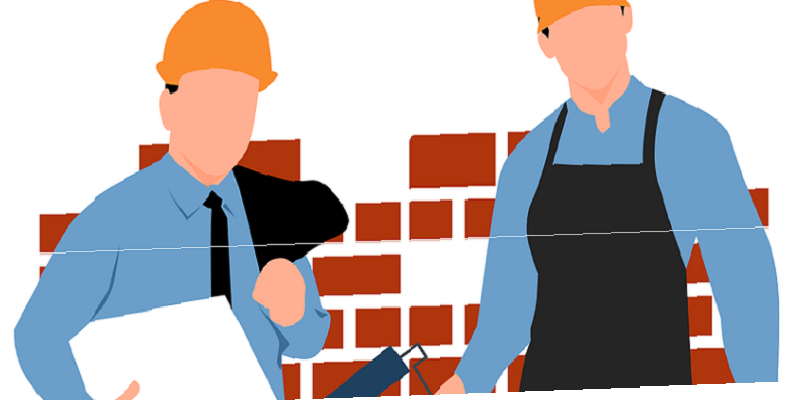
Students need to understand the service rendered by teachers, doctors, lawyers, nurses, policemen and others. Their tireless service helps us to move forward.
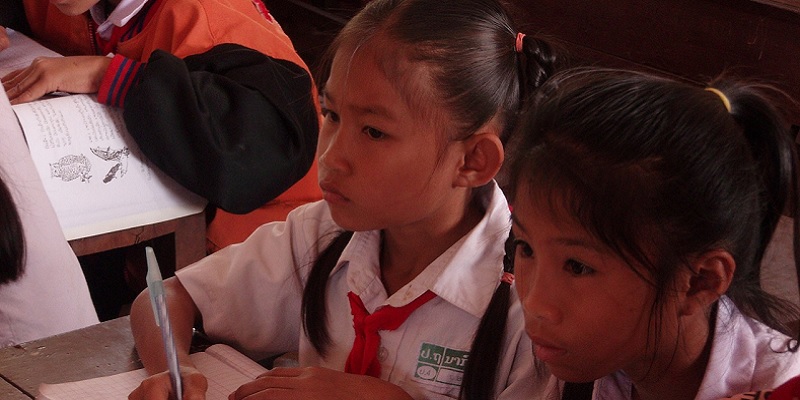
Authentic assessment activities are designed to mimic the complexity of the 'real world' situations that students may encounter in life and useful in academics
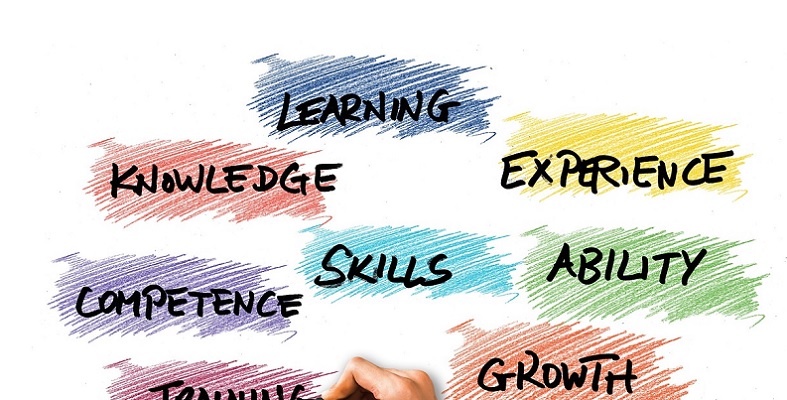
Competencies and skills are often used interchangeably. For a student to succeed in life mindset development and acquiring 21st century skills is also required.

Assessment strategies that motivate the students to learn, foster critical thinking, develop self-regulation. divergent thinking and interpersonal skills.
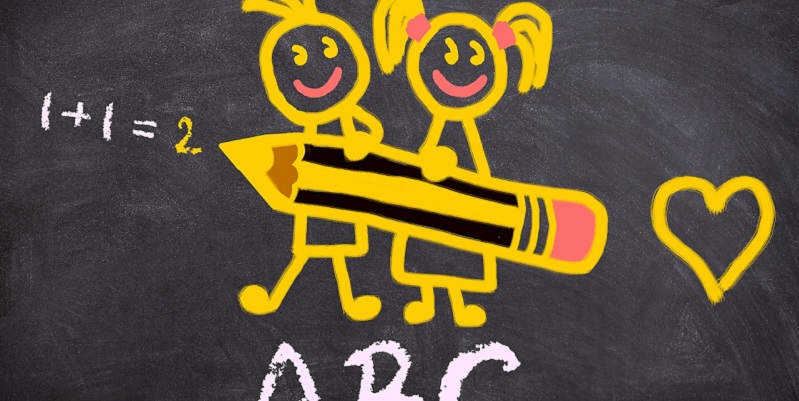
A UK study has recommended has suggested changes to bring innovative assessment for 14–18-year-olds that are perfected through research and piloted efforts.
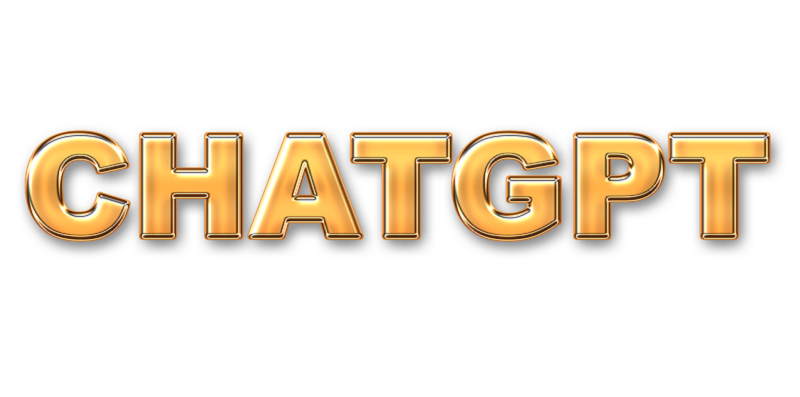
AI can be used to create draft lesson plans, quizzes and exams, and curricula documents that teachers can then improve upon based on their audience.
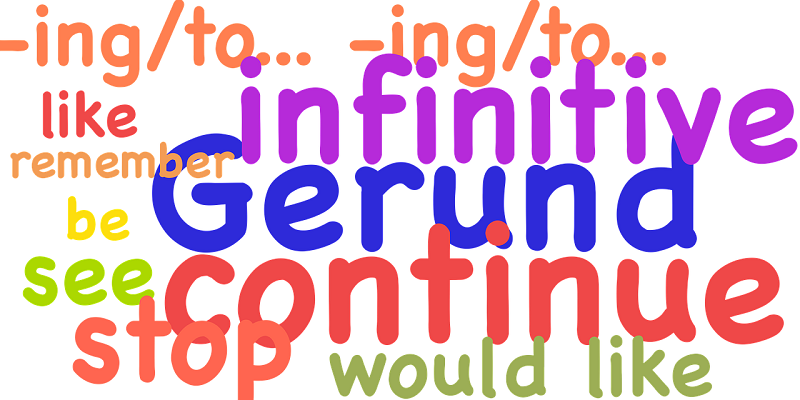
Hybrid learning mode for English language has given enormous benefits for both students and teachers alike during Pandemic and its success gives hope.
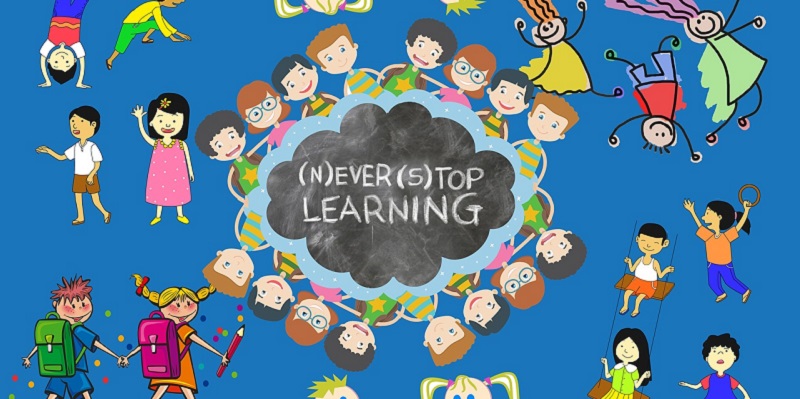
Changes in assessment have to be introduced after understanding the needs of each student. Focus should be on efforts to improve the quality of actionable data.
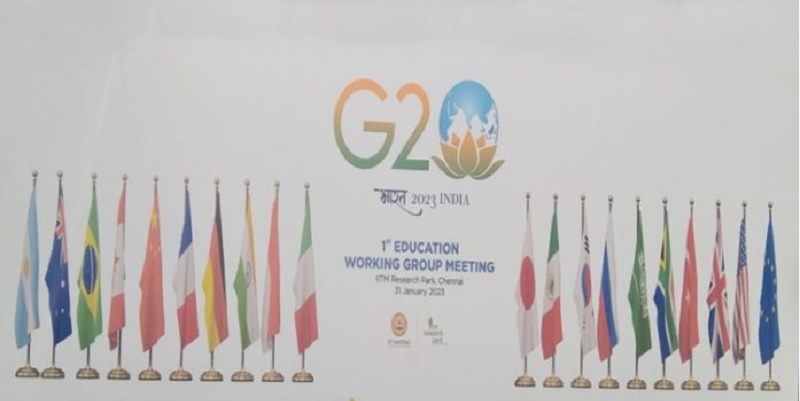
The G-20 discussed in a detailed manner the objective of achieving inclusive, equitable, relevant, and quality education and lifelong learning opportunities
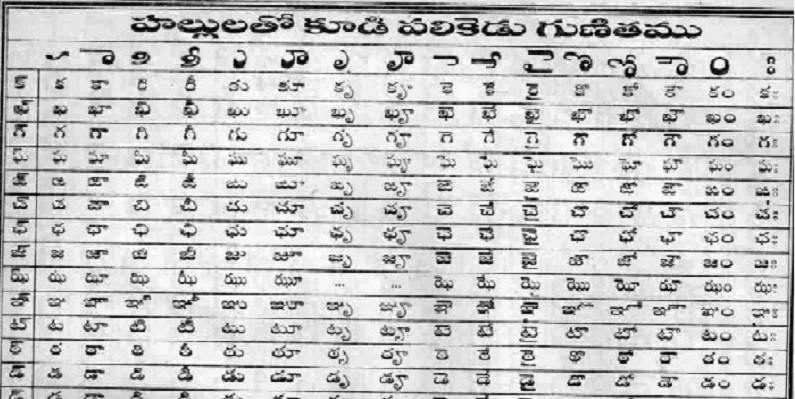
Telegu language assessment has shown impressive progress in recent years. Assessment has become more creative involving oral test, observation, projects etc
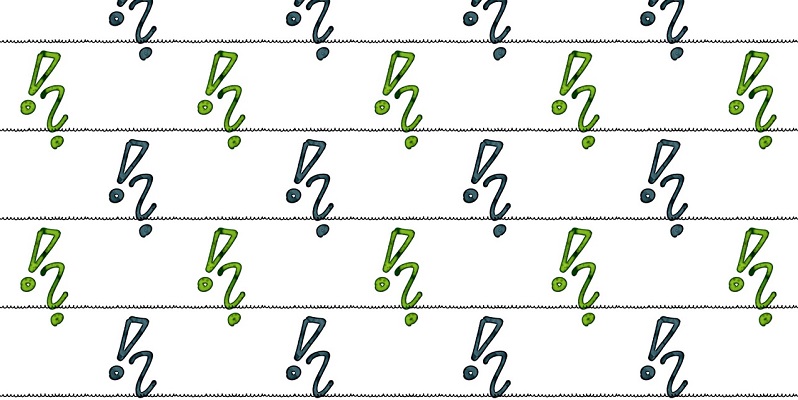
Assessment for learning creates a learner-centered classroom environment for self-assessment and self-learning. It improves the confidence level of learners.